 How fast will you bleed out if you cut the main artery in your leg? - Quora
How fast will you bleed out if you cut the main artery in your leg? - QuoraHow much blood can you lose without serious side effects? Is there an exact amount? You may lose some blood without experiencing any side effects or complications. The exact amount depends on its size, age and overall health. It helps to think about loss in percentages instead of total amounts. Adult men, on average, than most adult women. This means they can normally lose a little more before experiencing adverse effects. Children, on the other hand, blood that adults, so even small blood loss could negatively affect a child. Typical causes of blood loss — giving a blood sample to test in the doctor's office, menstruation, a nasal bleeding — will not cause complications. But holding an injury or undergoing surgery can cause severe bleeding and require a red blood cell. Read to know how much blood is lost in situations like these and how much you can lose before nausea, fainting or other complications occur. Most adults may lose up to their blood without experiencing major side effects or changes in vital signs. Some, however, may feel or if this amount is lost quickly. You will begin to feel mild side effects, such as nausea, when blood loss reaches the total volume of blood. This amount of loss increases heart and respiratory rates. Your urine output and blood pressure will be reduced. You may feel anxious or uncomfortable. Your body begins to compensate for blood loss by restricting blood vessels in your limbs and extremities. This is your body's attempt to keep blood pressure and blood flow. This later reduces the amount of blood that your heart pumps out of the center of your body. Your skin can become colder and pale. When blood loss approaches the total volume of blood, your body will have a traumatic reaction. Your blood pressure will fall further, and your heart rate will increase even more. It can show signs of obvious confusion or disorientation. Your breathing will be faster and shall not be deep. As volume loss rises, your body may not be able to maintain the right blood pressure and circulation. At this point, you may faint. quickly to prevent additional blood loss and higher side effects. Hemorrhagic, or , shock occurs when you have lost 20 percent or more of your total blood volume. Your symptoms will become more severe as your blood loss increases. You may experience: Your body cannot compensate for much longer on its own in a blood volume loss. At this stage, your heart cannot properly maintain blood pressure, pumping, or circulation. Your organs may begin to fail without proper blood and fluid. It is likely to faint and slide into a . Without treatment measures, your body will completely lose its ability to pump blood and keep the oxygen delivery once you have lost your blood volume. His heart will stop pumping, other organs will go off, and you're probably in a coma. Death is likely if no aggressive action has been taken to save lives. Your body can compensate for a good blood loss. However, at a certain point, you do not need components to protect your heart. He probably feels very fatigued in the moments before he enters a coma. If it is near death, these feelings can not even be noticed. The average level of hemoglobin is between men and women. Most doctors will not consider one until hemoglobin levels in the blood reach 7 or 8 grams per deciliter. This is not the only parameter involved in the approach to treat blood volume loss if you are actively bleeding. However, the level of hemoglobin is important to make a decision to transfusion of red blood cells. Your doctor and care team will use these and other factors to decide whether a transfusion is necessary and whether it will be effective for your situation. Loss of volume blood greater than it can be difficult for doctors to correct with a transfusion. That's especially true if the bleeding is malcontrolled. Your doctor will take into account several factors when deciding whether a transfusion is suitable for you. This includes: The loss of lower blood is not inherently harmful or even dangerous. The average adult may lose a fair amount of blood without experiencing symptoms. This is how much blood is lost and what to expect from: Blood donation The person loses blood when he donates. Your body has blood, so you only lose about 10 percent of the total blood volume when you give blood. A nasal bleeding may feel more bloody than they are due to exposure to blood from your nose. The amount of blood you normally lose is not enough to cause complications. However, if it is soaked through the gauze or tissue several times in a five-minute span, you may need to look for medical treatment to end your nasal bleeding. Hemorrhoid hemorrhoids Bright red blood on toilet paper or underwear may seem alarming, but rarely is serious. Most people lose small amounts of blood with a bleeding. This level of blood loss is often not a matter of concern. Menstruation The average person loses blood during his period. People with loss. If you think you're losing more than that, consult your doctor. Explaining how fast you go through pads or tampons will help your doctor determine if the bleeding is severe. A Spontaneous Abortion The bleeding of one that occurs very early in a pregnancy is similar to bleeding during menstruation. However, the later a miscarriage occurs in a pregnancy, the greater the blood loss. He can come suddenly and be pretty heavy. Other signs of miscarriage include severe abdominal pain, back pain, and contractions. Birth The average person loses blood during vaginal delivery. That's only half a quarter. Those who have a Caesarean delivery usually lose. You may lose more if complications arise, but your doctor and delivery team can usually handle bleeding. Laboratory tests The average blood has a low. You'd have to have about 88 of these bottles of your blood taken before you start experiencing side effects. SurgeryDoctors and surgical staff work diligently to reduce blood loss during surgery. However, some surgeries cause a greater blood loss, or it occurs as a complication of the procedure. Your doctor may give you an idea how much you might lose during your surgery and what can be done if you lose more than expected. Your body can handle blood loss, but how it happens and determines a lot about the result. In some cases, blood loss can occur immediately. It is not unusual to lose significant amounts of blood as a result of an injury or accident. It can also occur slowly over a longer period of time, which can make the recognition of symptoms more difficult. If you suspect you may have a slow, see your doctor. They can evaluate your symptoms and diagnose any underlying condition. If you are losing a lot of blood quickly, get emergency medical care. Last medical review on May 24, 2018
How long does it take to bleed? How long does it take to bleed? I think there's an emergency nurse doing an AMA right now. Maybe I ask her or Google. The average human has about 10 pints of blood in his body. Once you lose about 2 pints, you'll start feeling extremely weak and you'll start passing. Once you reach 3 pints your blood pressure will be too low to be conscious, and your brain won't get enough oxygen. So depending on where the wound is and how deep/great it is, you could lose that amount of blood in less than 120 seconds. Again, it really depends on the method that blood is escaping. Did you cut an artery or a vein? The worst scenario could be a couple of minutes. There is a large artery in the inner thigh that, if cut, will cause an adult male to bleed in about 14 seconds, IIRC. Why not both? Approximately 90 seconds of severe femoral, IIRC. This is a pretty vague question and it has been done before. Details? What kind of wound are you talking about? Femoral arteries take the blood faster and take a couple of minutes. Different with each artery and hemorrhage size. A broken abdominal aortic anurism would bleed in about 90 seconds. If it was a AAA fray, it could take an hour or more. MembersOnline
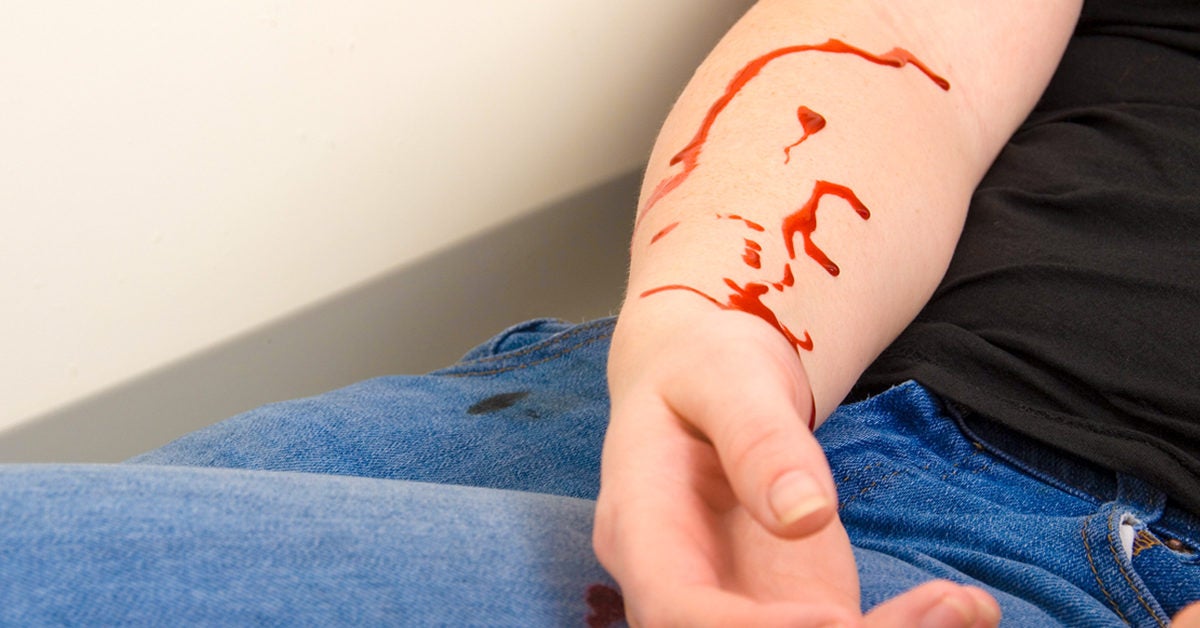
Bleeding to Death: Am I at Risk, and How Can I Stop It?
Can you bleed to death from a severed vein that doesn't clot? - Quora
How fast will you bleed out if you cut the main artery in your leg? - Quora
What should I do if someone has slit their wrists? - Quora
How long would it take someone to die from a bullet to the stomach? - Quora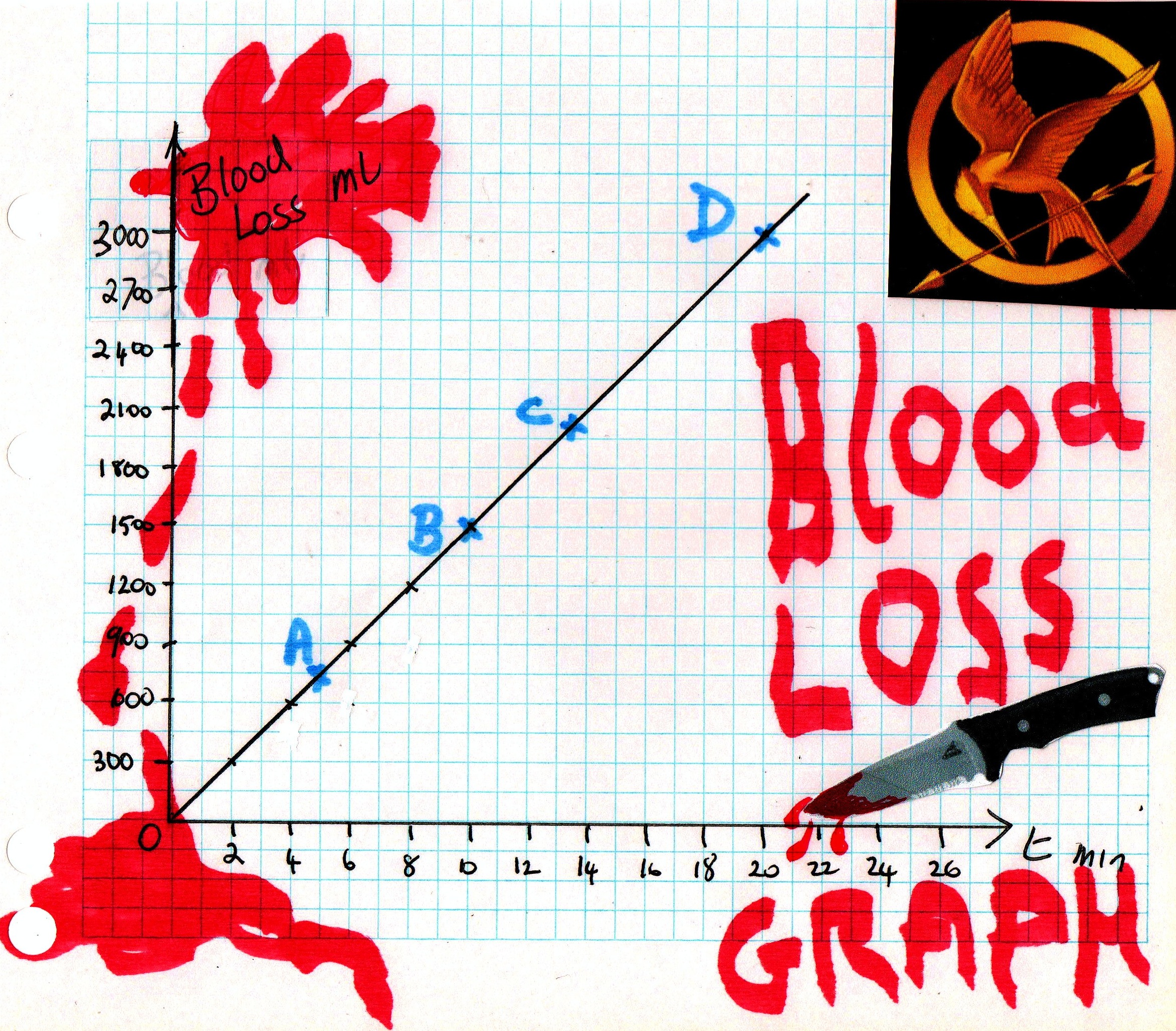
How long would Katniss take to bleed to death | Mathspig Blog
Injury Profiles: Suicide Attempt (Wrist Lacerations) – ScriptMedic
Heavy Menstrual Bleeding | CDC
SPEAKER NOTES MODULE 03 – CARE UNDER FIRE
Pin on Anatomy![cassandra on Twitter:]()
cassandra on Twitter: "i look pretty good for someone whos last 12 google searches are 'how long does it take to bleed out'… "
Pin on Writing
Battlefield 5: How LONG Does it take to Bleed Out?? - YouTube
Bleeding to Death: Am I at Risk, and How Can I Stop It?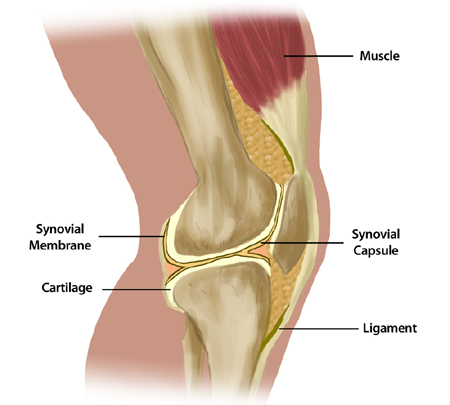
Untreated Bleeding in the Joints > Complications > HoG Handbook > Hemophilia of Georgia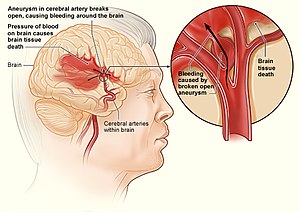
Internal bleeding - Wikipedia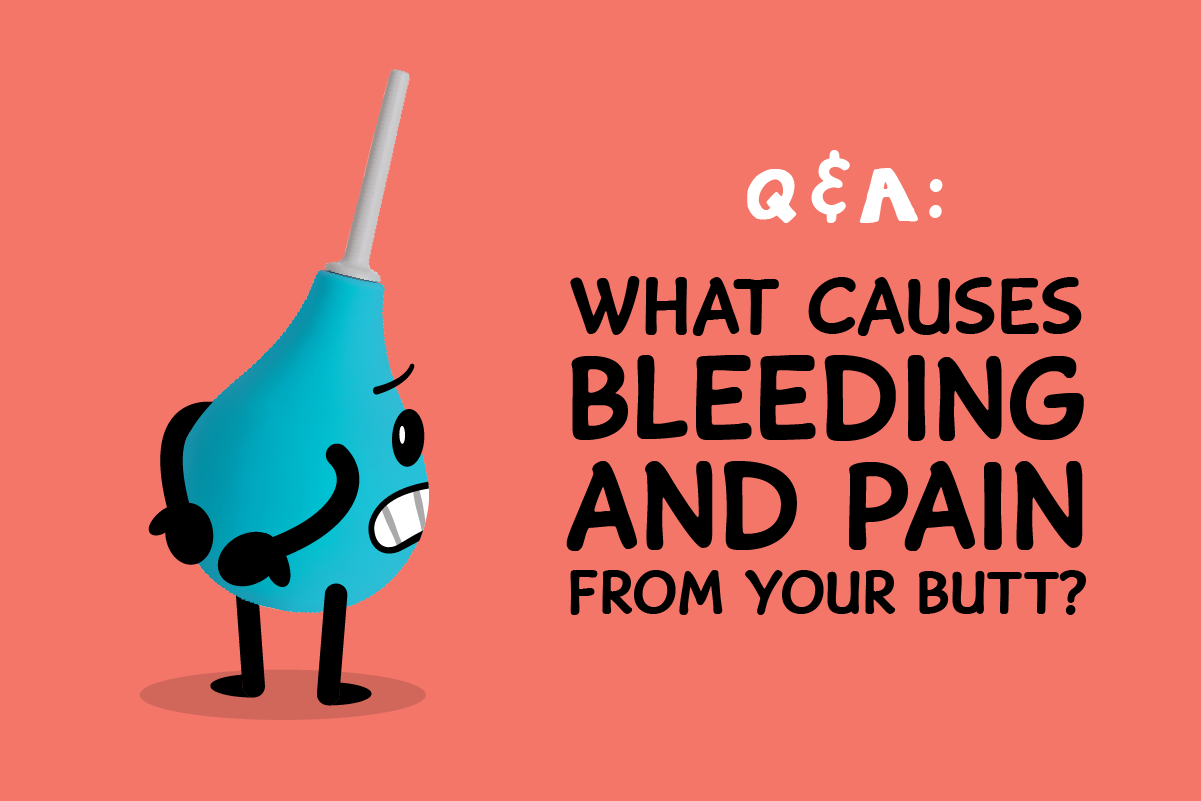
Q&A: What causes bleeding & pain from your butt? - San Francisco AIDS Foundation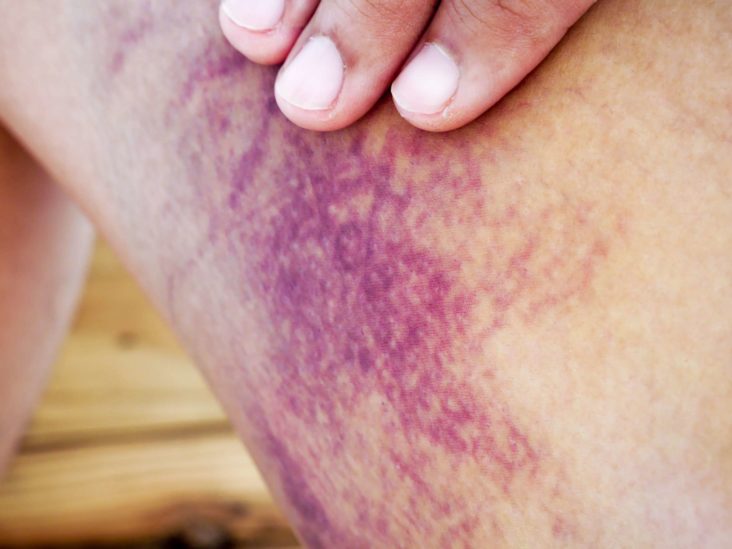
Internal bleeding: Symptoms, treatment, and complications
Vaginal Bleeding (Spotting) Causes & Treatment/GettyImages-929912172-db3ea3d038794ac5a8ba796c2eb02758.jpg)
How to Use a Tourniquet Correctly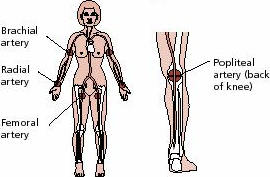
Emergencies and First Aid - Direct Pressure to Stop Bleeding - Harvard Health/internal-bleeding-signs-symptoms-complications-4172951_FINAL-5bc3f54dc9e77c00526fddb9.png)
Internal Bleeding: Signs, Symptoms, and Complications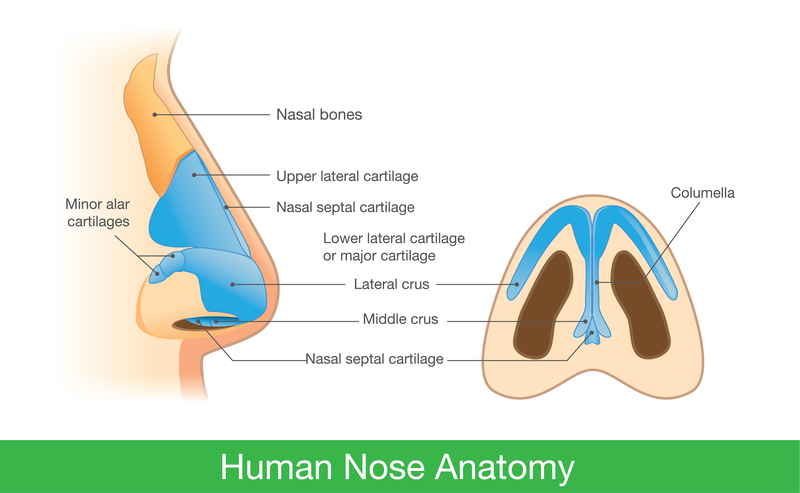
Nosebleed (Epistaxis) - Harvard Health/1192161-bleeding-serious-posttonsillectomy-symptoms-5af485c7a18d9e003cabd218.png)
Bleeding After a Tonsillectomy
Internal Bleeding: Symptoms, Diagnosis, and Treatment
Breaking Point: How Much Blood Can The Human Body Lose?
And this is what I mean by toxic. Ha!ha!ha left me to bleed out, graffitied me, and hit me repeatedly until finally chairing me one second before I bled out. And you
Bleeding After Sex: 7 Reasons Why This Happens | Health.com
Tattoo Bleeding: What To Do If Your New Tattoo Bleeds A Lot | AuthorityTattoo
How long does it take to bleed out if you cut the main vein in your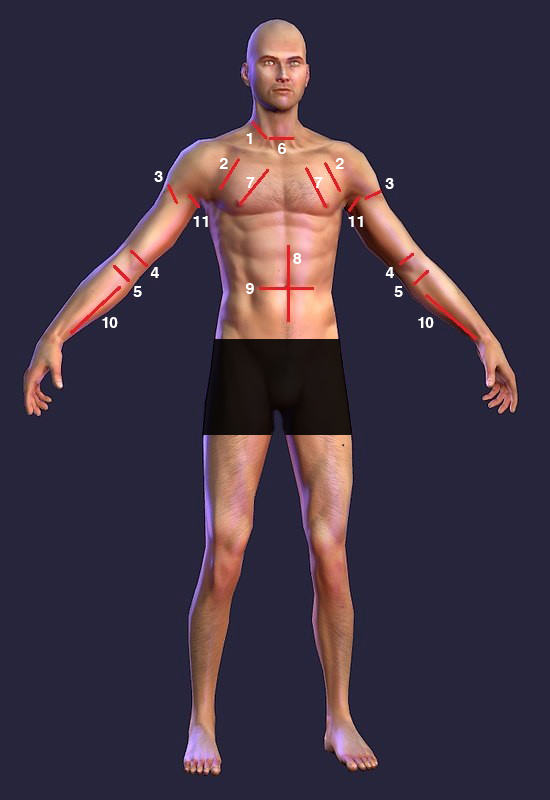
The Danger of Slashing | 2019-01-15 | Security Magazine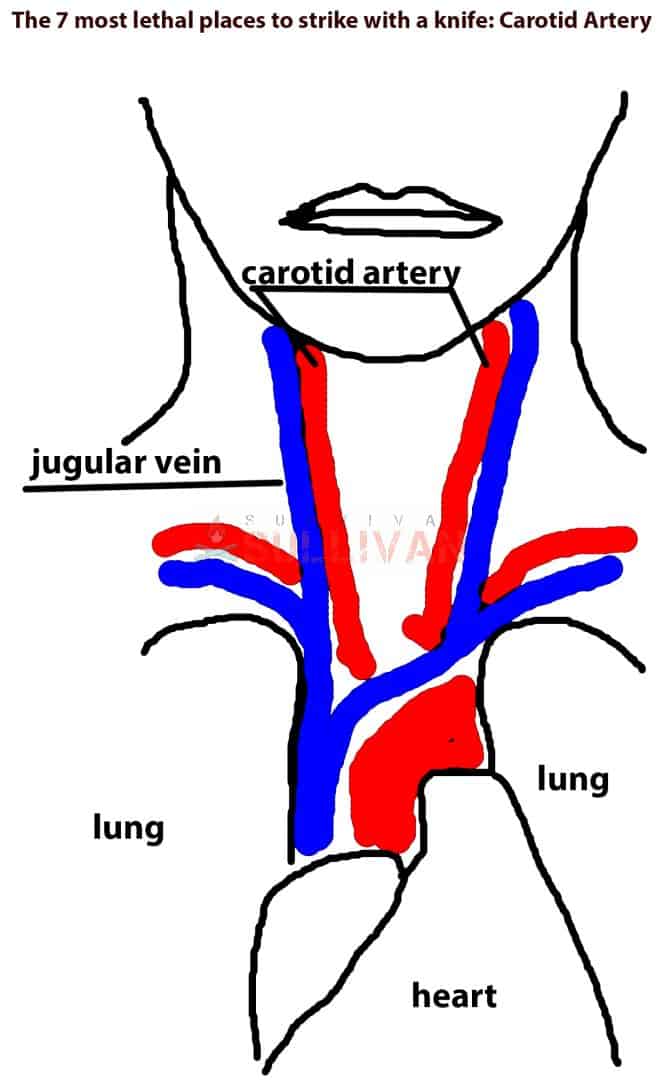
The 7 Most Lethal Places to Strike with a Knife | Survival Sullivan
How Much Blood Do You Lose on Your Period? Cups, Tampons, More
Bleeding - Humane Slaughter Association
Bleeding Walleyes for Better Fillets (Side-by-Side Comparison) | AnglingBuzz
Common causes of spotting and why it happens/when-is-a-bloody-nose-a-medical-emergency-1192061-5c5dbd5d46e0fb0001849cf8.png)
When a Bloody Nose Becomes an Emergency?
Bleeding to Death: Am I at Risk, and How Can I Stop It?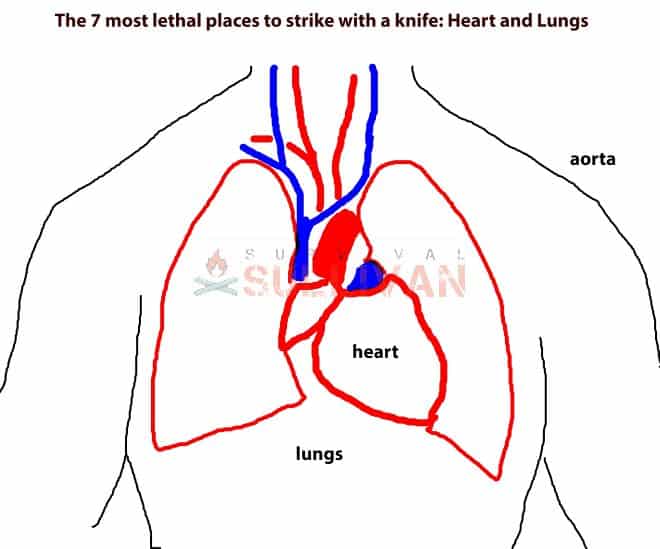
The 7 Most Lethal Places to Strike with a Knife | Survival Sullivan
 How fast will you bleed out if you cut the main artery in your leg? - Quora
How fast will you bleed out if you cut the main artery in your leg? - Quora















/GettyImages-929912172-db3ea3d038794ac5a8ba796c2eb02758.jpg)

/internal-bleeding-signs-symptoms-complications-4172951_FINAL-5bc3f54dc9e77c00526fddb9.png)

/1192161-bleeding-serious-posttonsillectomy-symptoms-5af485c7a18d9e003cabd218.png)










/when-is-a-bloody-nose-a-medical-emergency-1192061-5c5dbd5d46e0fb0001849cf8.png)


Posting Komentar untuk "how long does it take to bleed out"